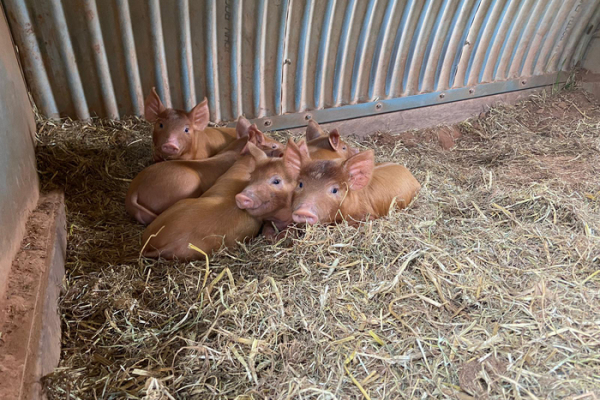Putting numbers on how well looked after the animals that end up on our plate are...
Interviews with Scientists
Interviews about medicine, science, technology and engineering with scientists and researchers internationally...
23 hours in the air, crossing 12 time zones and covering 18, 000 km, on a mission to uncover the brain down under.
Limb defects caused by the drug thalidomide can help us to understand the condition clubfoot.
What organises cells to form structures in the body?
How do eggs turn from one cell into a structured network of over a trillion cells?
What determines the shape of cells?
Can learning to play a musical instrument in childhood affect your intelligence?
How does genetic information get passed around?
Drugs and creatures from the depths: what can we learn by comparing DNA sequences?
We talk to Professor David Nutt for his top neuroscience nuggets of 2013.
We talk to Professor David Nutt for his top neuroscience nuggets of 2013.
We talk to Professor David Nutt for his top neuroscience nuggets of 2013.
This month's Gene of the Month is a bit on the large side - it’s called Tubby.
Professor James Sharpe is using mathematical models to understand how vertebrates like mammals and birds build a...
Professor Jan Traas and his team at ENS in Lyon are using computer programmes to understand how flowers grow into...
Anja Geitmann's work has featured in the media with headlines such as “sex in space!” But what is she actually...
Dr Veronica Grieneisen from the John Innes Centre in Norwich, is figuring out how cells know which way is up, and...
Different environments harbour different micro-organisms. So how does this affect fish species?
What's the best way to create a marine reserve, and do these human no-go zones really work?
Helen Scales accompanied a recent Columbia University expedition to Fiji to study marine biodiversity and conservation.
One of the most endangered marine ecosystems are Caribbean coral reefs that have seen a massive die-off of the main...
Pitcairn inhabitants are lobbying to create the world's largest marine reserve, of nearly a million square...
Plastic particles pose a hazard for marine worms, cutting their food intake and slowing growth, with knock-on effects...
